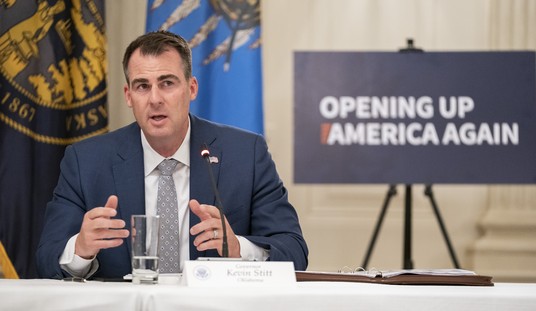Being a teen is one of the most precarious times of life. My mother used to always say, “7th grade’s bad, 8th grade’s worse and 9th grade can go either way.”
I’m sure she got that from someone — in fact, she’ll probably call me and tell me from whom as soon as she reads this — but as I’ve aged into my mid-30’s and having my own pre-teen, and friends with even older children, I realize how true this statement is.
And while I was a “good kid” with good friends who didn’t party, do drugs or drink alcohol during high school, we still engaged in some adult behaviors, like driving and getting part-time jobs during high school.
While those are productive signs of teens growing into adulthood, a new study gauging all kinds of adult behavior, including drinking, show teens and young adults in 2017 are engaging in initial adult behaviors at declining rates.
From Axios:
The takeaways:
- 66% of 12th graders surveyed in 2014 had tried alcohol, compared to 81% in 1994
- 73% of them had drivers’ licenses, down from 85% 20 years prior
- 58% went on dates, compared to 83% of 12th graders in 1994
- 56% worked for pay, down from 72% in 1994
While teens not engaging in risky behavior may seem like a good thing on its face, — teen crime, drinking, and pregnancy are lower than ever — the fact that they are also, at the same time, not engaging in productive adult behavior is something to take note of.
Sen. Ben Sasse (R – Neb.) has an entire book devoted to the issue of The Vanishing American Adult, which is corroborated by this latest study. Young adults are increasingly experiencing a prolonged adolescence.
The transition into adulthood has slowed down so much that Arnett says people age 18 to 29 are living through a new life stage between adolescence and adulthood: “emerging adulthood.” The consequences of this are that teens are less prepared for college and the workplace, [iGen author, Jean] Twenge says.
It’s also essential to understand that as the population lives longer, those who would normally be in retirement or in physical condition too frail to work menial jobs. More young adults now more than ever before expect to attend college before entering the workforce.
Of course, Twenge also remarks on the role technology has in this new, extended adolescence.
Some of these behavioral changes can be attributed to technology, specifically the rise of the smartphone, Twenge recently wrote in the Atlantic. Teens are spending less time out getting into trouble and more time at home on their phones. But delaying adulthood also has to do with the fact that people live longer than they used to and more people expect to go to college instead of directly entering the workforce.
Twenge’s Atlantic piece also claimed that heavy smartphone use has an adverse effect on teen mental health. But to say smartphones are destroying a generation is alarmist, tech writer and researcher Alexandra Samuel wrote in JSTOR in response. Data shows that “high school students who use social media a lot aren’t any more depressed than those who use it a little,” she wrote.
But Twenge is right to say technology is quickly widening generational gaps, Samuel tells Axios. “The pace of change is so rapid now that we raise our children in a world completely different from the one we grew up in,” she says.
She said, “Soon 18-year-olds could look like the 13-year-olds” of past generations.
Scary.














Join the conversation as a VIP Member